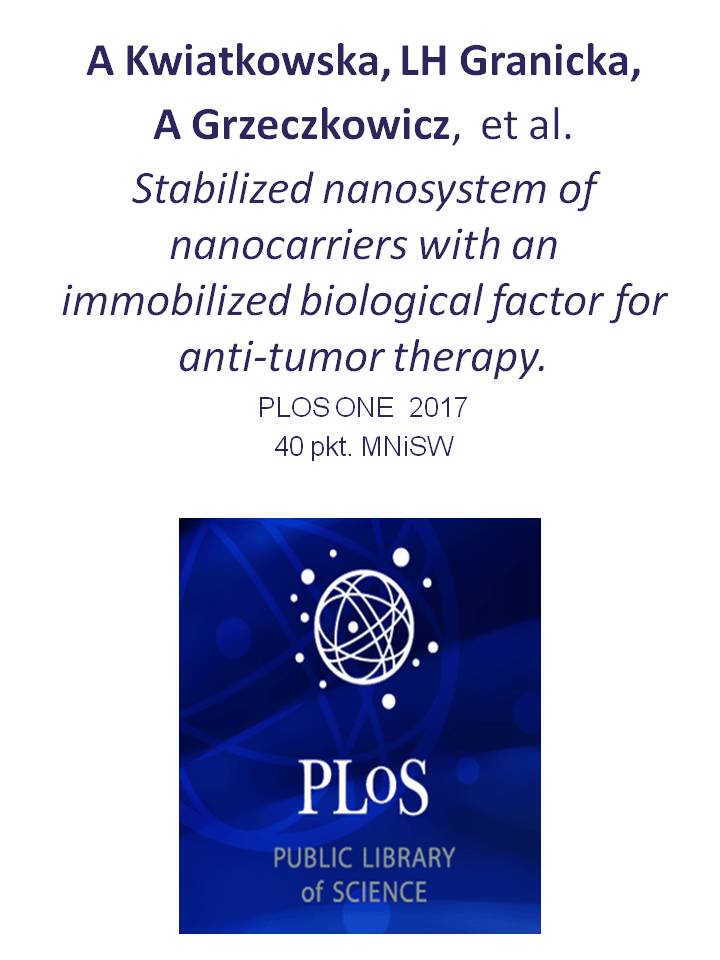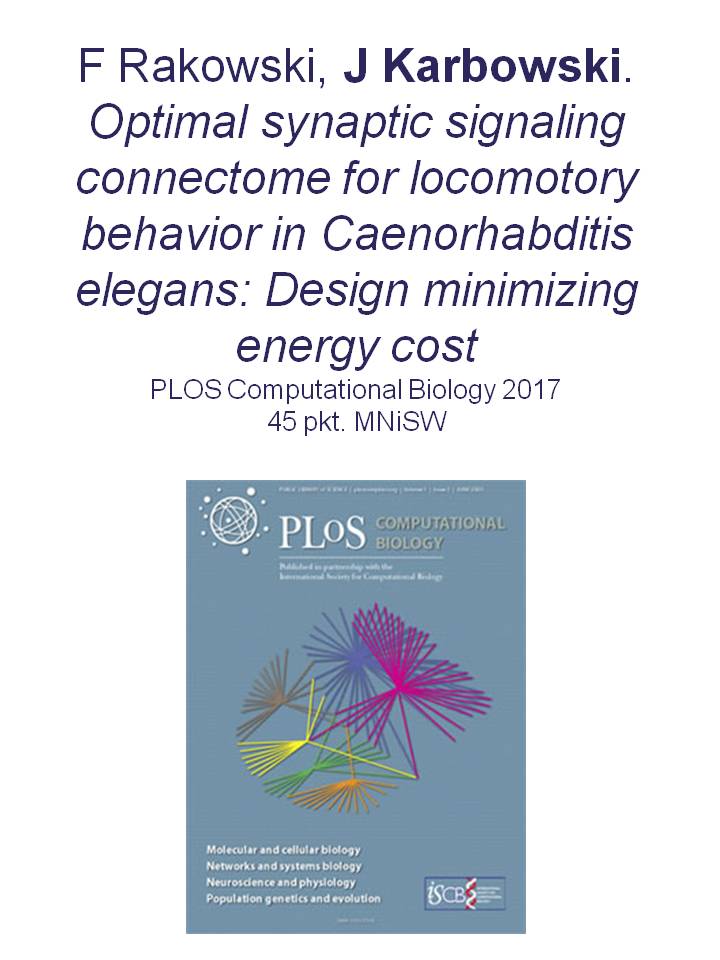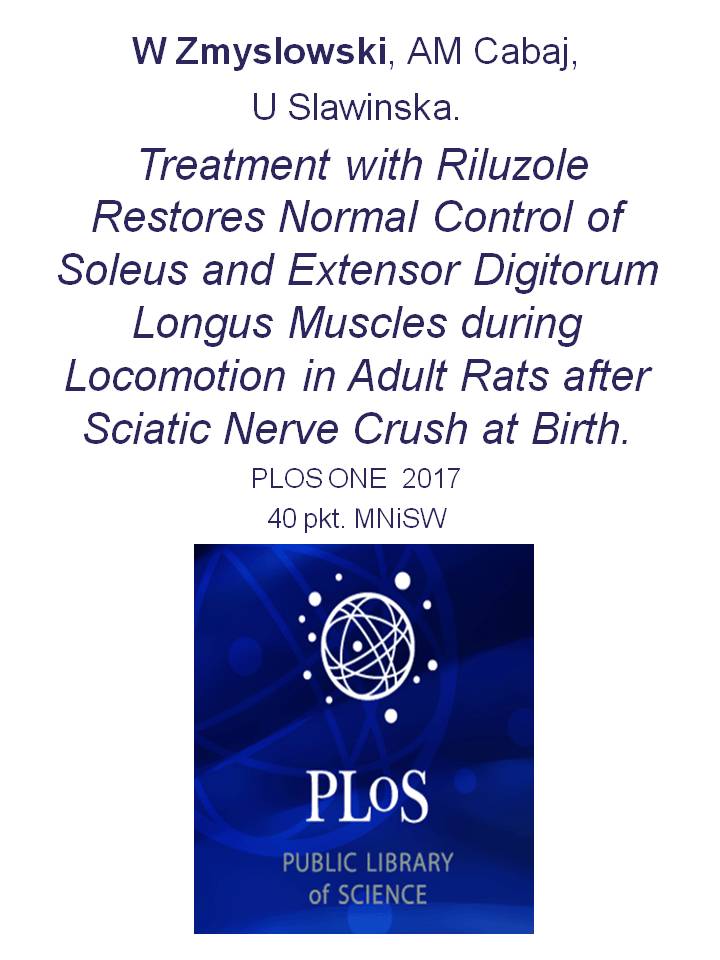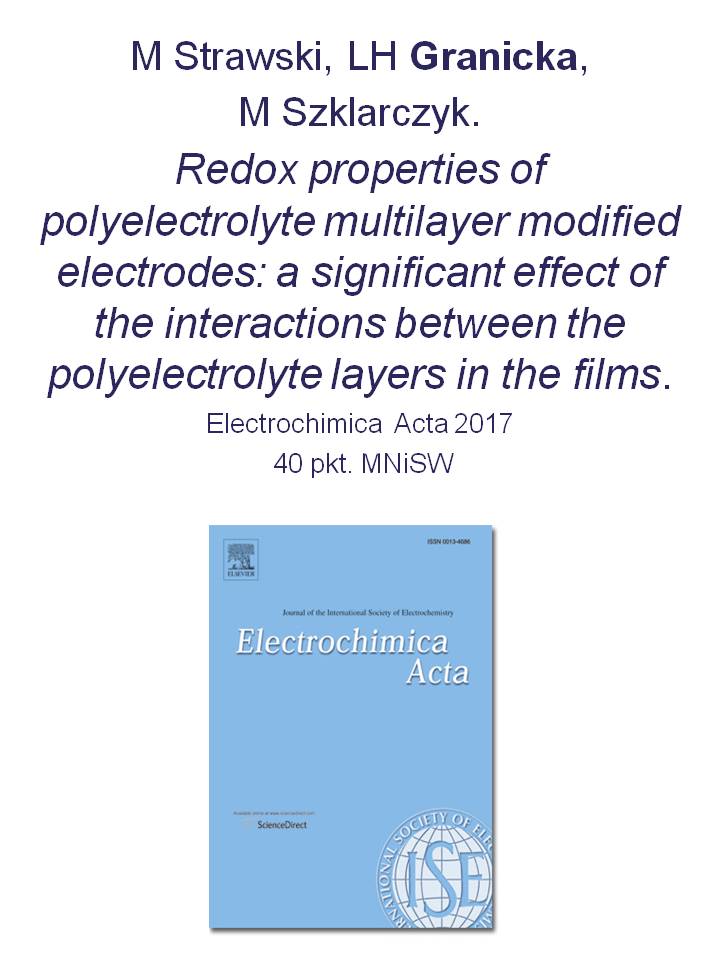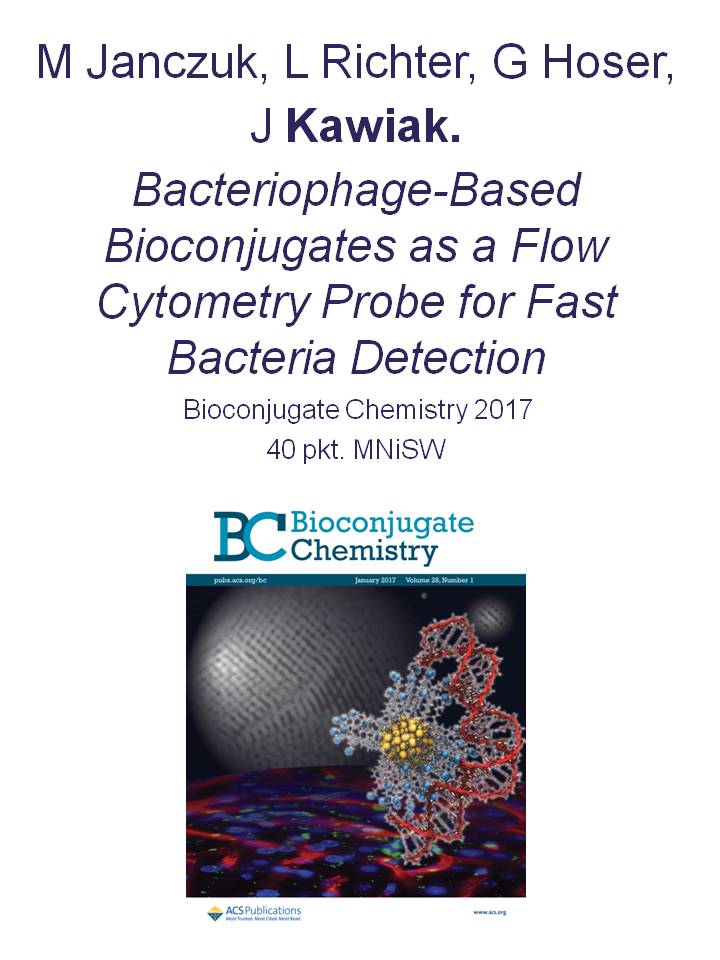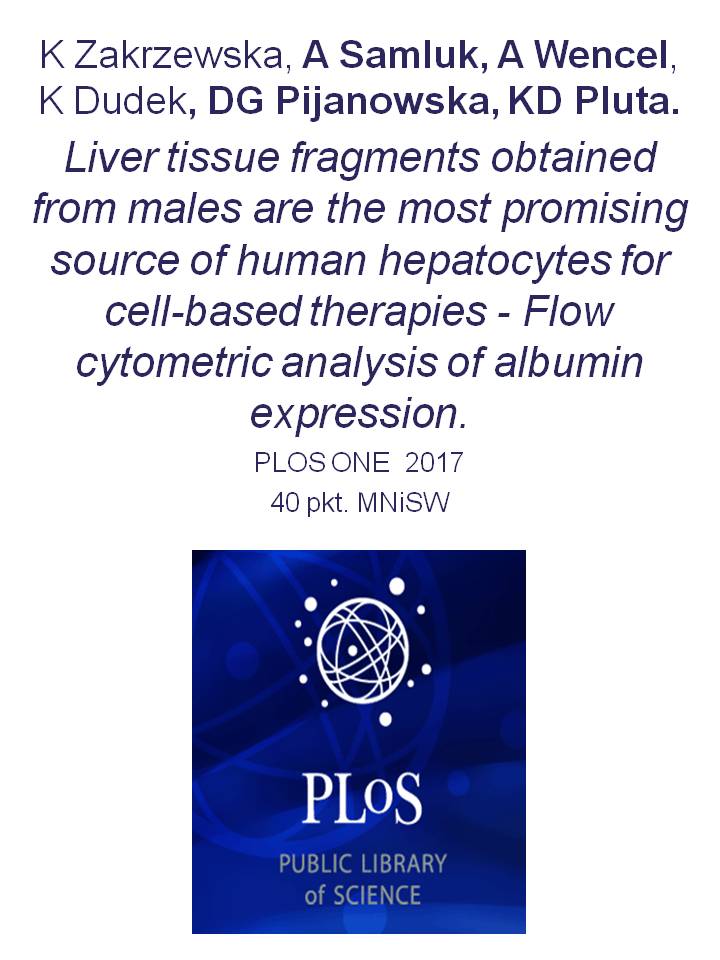Szanowni Państwo,
zapraszam na seminarium Zakładu IV
Jan Poleszczuk opowie, czym zajmuje się na post-docu w H. Lee Moffitt Cancer Center & Research Institute (USA):
"Abscopal benefits of localized radiotherapy depend on activated T cell trafficking and distribution between metastatic lesions"
Seminarium odbędzie się w piątek 11 grudnia o godz. 12:15 w sali im. Prof. Moreckiego,
Tomasz Gólczewski
Abstrakt:
It remains unclear how localized radiotherapy for cancer metastases can occasionally elicit a systemic antitumor effect, known as the abscopal effect, but historically it has been speculated to reflect the generation of a host immunotherapeutic response. The ability to purposefully and reliably induce abscopal effects in metastatic tumors could meet many unmet clinical needs.
Here, we describe a mathematical model that incorporates physiological information about T cell trafficking to estimate the distribution of focal therapy-activated T cells between metastatic lesions. We integrated a dynamic model of tumor-immune interactions with systemic T cell trafficking patterns to simulate the development of metastases.
In virtual case studies, we found that the dissemination of activated T cells among multiple metastatic sites is complex and not intuitively predictable. Furthermore, we show that not all metastatic sites participate in systemic immune surveillance equally, and therefore the success in triggering the abscopal effect depends, at least in part, on which metastatic site is selected for localized therapy. Moreover, simulations revealed that seeding new metastatic sites may accelerate the growth of the primary tumor because T cell responses are partially diverted to the developing metastases, but the removal of the primary tumor can also favor the rapid growth of pre-existing metastatic lesions. Collectively, our work provides the framework to prospectively identify anatomically-defined focal therapy targets that are most likely to trigger an immune-mediated abscopal response, and therefore may inform personalized treatment strategies in patients with metastatic disease.









